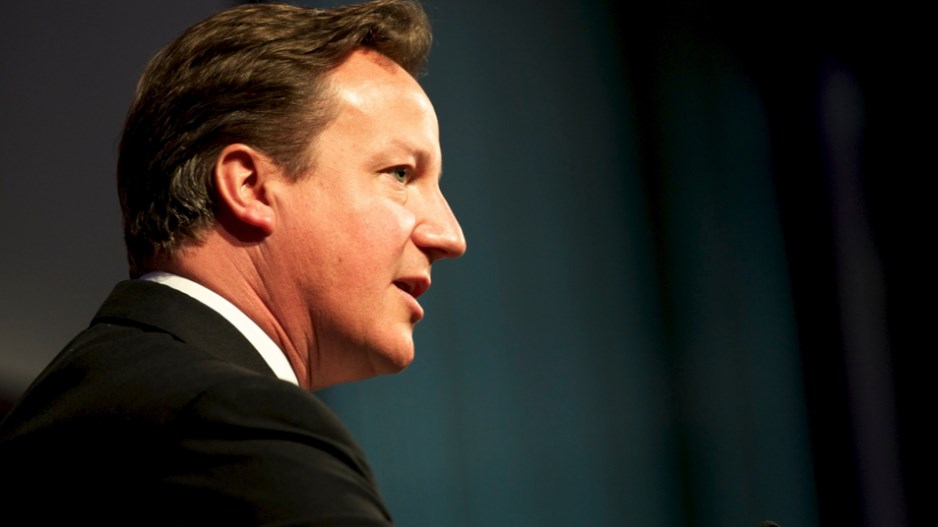Markets and industry reacted this morning after the United Kingdom voted to leave the European Union in a historic decision that triggered Prime Minister David Cameron to resign.
“Leave” campaigners polled 52% in a vote that rebutted economic and political arguments for staying within the EU provided by Prime Minister Cameron and other prominent “Remain” supporters. Voting was heavily split regionally – with a majority of voters in London and Scotland expressing a desire to remain within Europe.
Canadian Mark Carney, governor of the Bank of England, said today the UK could expect market volatility as it begins the process of renegotiating trade agreements with the EU and wider world.
“The Treasury and the Bank of England have engaged in extensive contingency planning and the chancellor and I have been in close contact, including through the night and this morning,” he said in a statement.
“The Bank will not hesitate to take additional measures as required as those markets adjust and the UK economy moves forward. These adjustments will be supported by a resilient UK financial system - one that the Bank of England has consistently strengthened over the last seven years. The capital requirements of our largest banks are now ten times higher than before the crisis. The Bank of England has stress tested them against scenarios more severe than the country currently faces.”
The expected volatility was seen as markets opened this morning. The FTSE fell 8% and the value of the UK pound dropped while the price of Brent oil fell by 5.2%. Both the FTSE and Brent regained some ground in later morning UK trading.
Prime Minister Cameron had staked his political future on the outcome of the referendum. He announced his intention to resign in the hours that followed the “Brexit” result, as well as providing a sense of the timing for new leadership to take his place by this fall.




